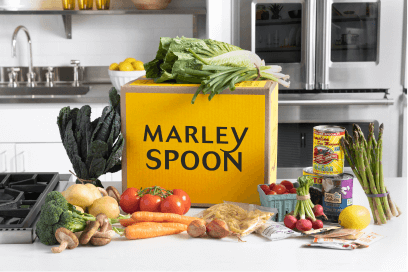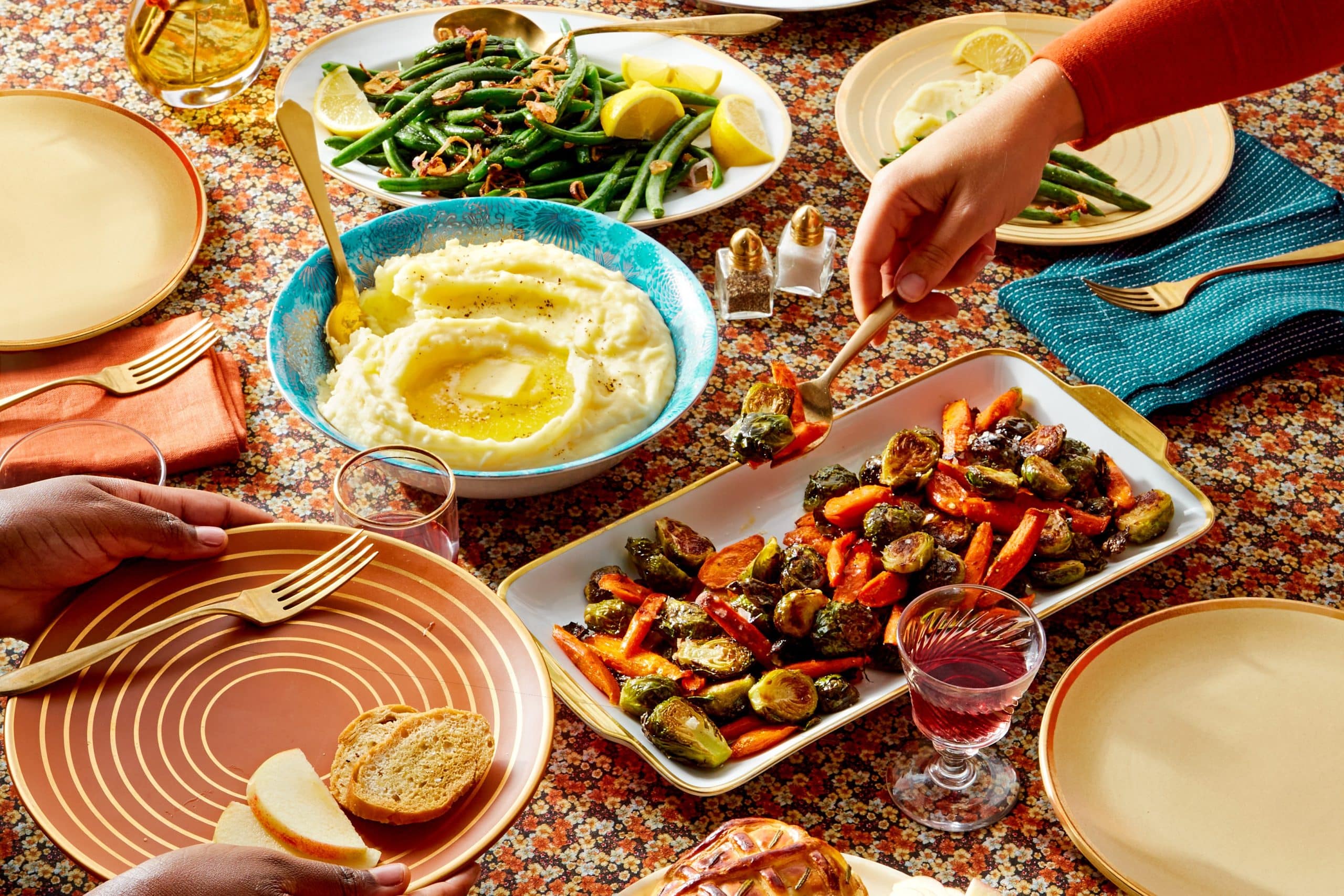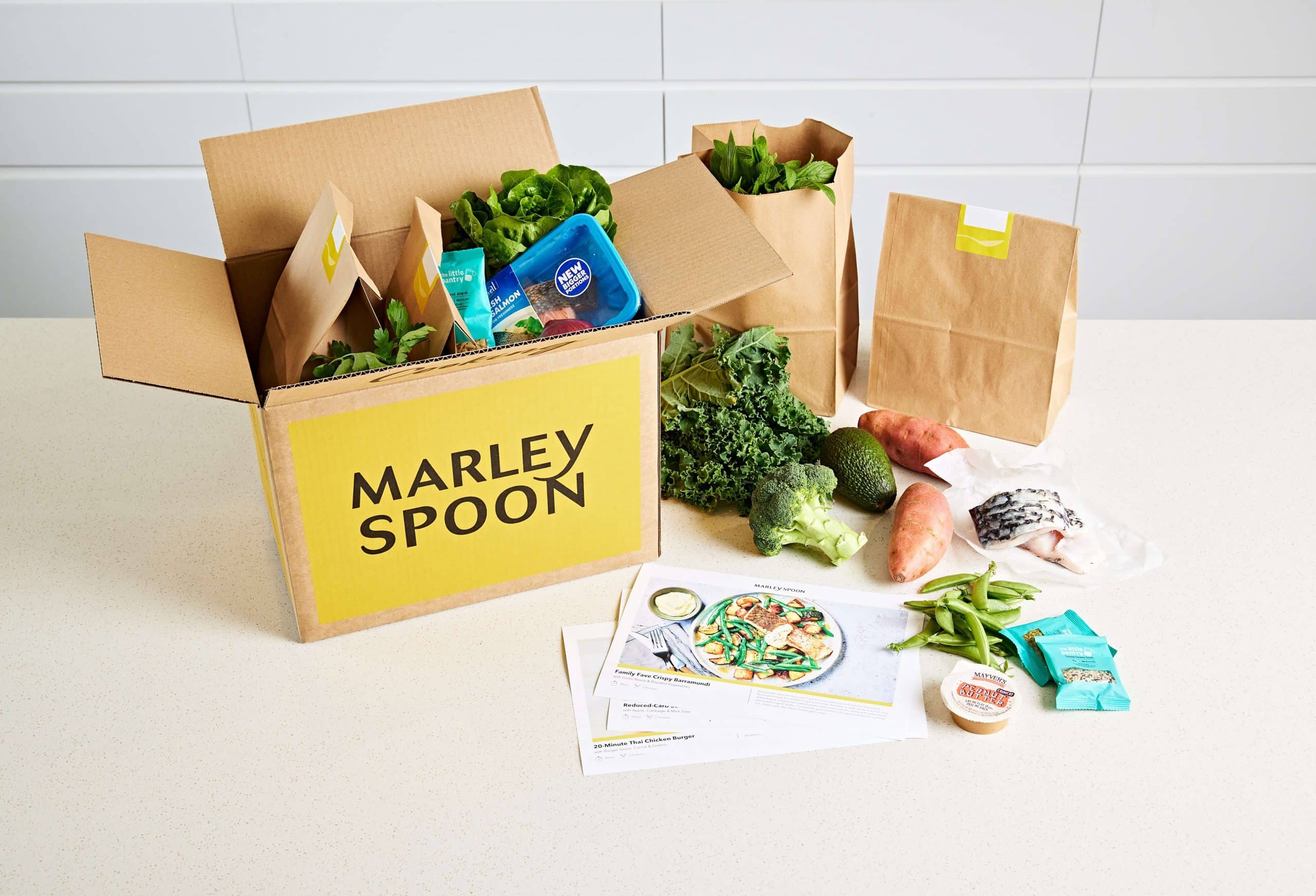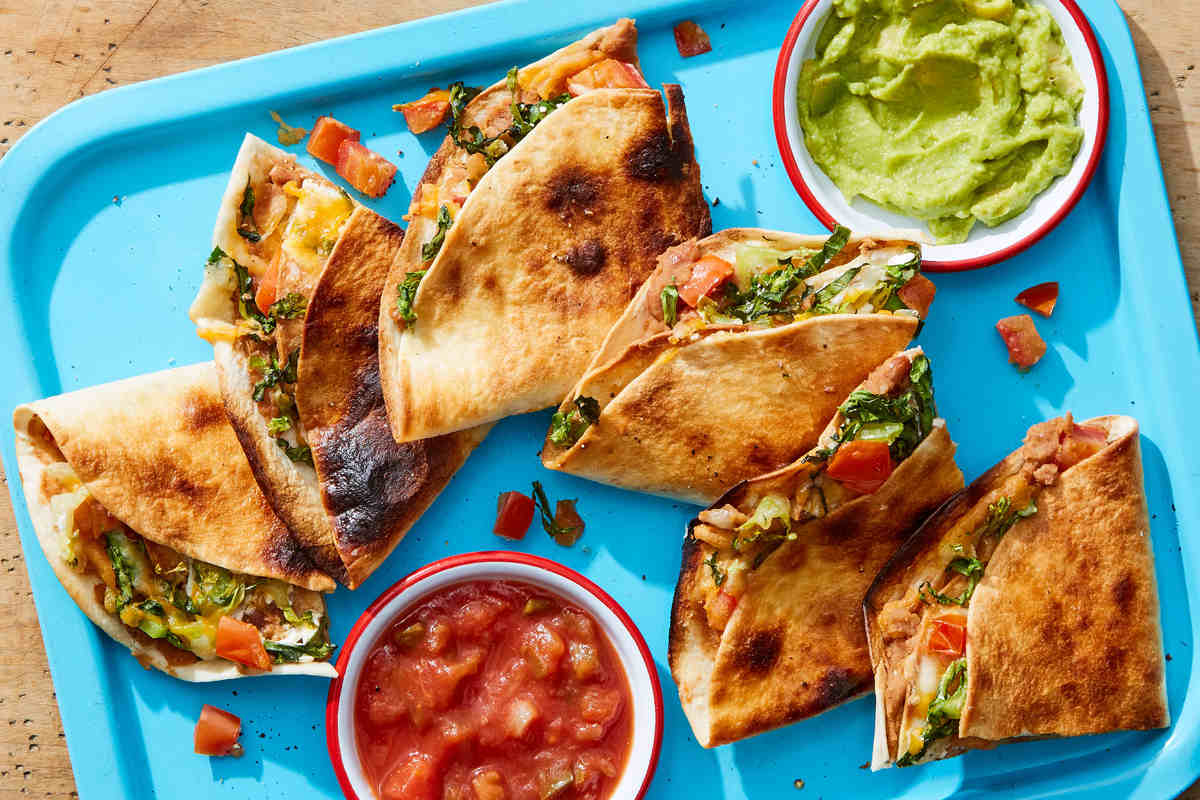Photo by Toa Heftiba on Unsplash
We’ve noticed—as you probably have too—that despite challenging circumstances, there is a deep, collective desire to connect, grow, and help others. As we all confront our current new reality, each of us is searching for the best ways to take care of ourselves and our communities. That search can, at times, feel overwhelming.
With this in mind, we’ve curated a brief list of resources and tips for supporting our neighbors and maintaining personal wellness. It’s not comprehensive; rather, it’s a kind of “tool kit” that we’re finding helpful, and so, wanted to share with you.
As always, thank you for your membership in our Martha & Marley Spoon community. We’re glad you’re here, and we’re proud to reliably deliver high-quality meals to America’s doorsteps while keeping our staff, our product, and our community healthy and safe.
CONNECT & GROW
Staying safe at home is both a social responsibility and a luxury. Still, it presents challenges; namely loneliness, boredom, and stress. Below are suggestions for combating them.
- Engage with at least one friend a day, and instead of simply texting, send an audio message, meet “in person” via Zoom or Skype, or make a good old-fashioned phone call.
- Play remote games with friends and family. Words with friends, the Scrabble app, and We Are Not Really Strangers are fun options.
- If you have kids, consider cooking or baking with them; making TikTok videos together; or having an in-home scavenger hunt.
- Stream a free online class or workshop. Parade.com lists 28 interesting options here.
- Join local or global online communities centered on your areas of interest – e.g. book clubs, virtual dance parties, faith-based services, etc.
BOOST YOUR HEALTH
Once a trendy phrase, self-care is now a vital part of maintaining your health. Here are a few simple tips for staying mentally and physically strong while at home.
- Hydrate, hydrate, hydrate. This is an obvious one, but something we can easily forget when our routines are interrupted. Drink water throughout the day. (Set an hourly alarm on your phone if you need to.)
- Exercise! The gym and outdoor activities like running and sports may be sanctioned, but movement isn’t. Youtube has numerous workout videos, and many gyms and yoga studios are offering free online classes.
- Establish a regular sleep schedule. It’s easy to stay up late and sleep in late when getting up and at ‘em isn’t required. But sticking to a regular sleep schedule reduces irritability, mood swings, and headaches (things we’re all susceptible to while social distancing).
- Journal or meditate. If ever there was a time to subscribe to self-help, it’s now. Activities like journaling and meditation release tension and quell anxiety by providing a place for reflection and gratitude.
- Set up a “transitional activity” to segway from work to personal time. If you’re working from home (and never leaving home), striking a balance between your personal and professional time can be difficult. To separate the two, do something in between—a puzzle, a workout, 30 minutes of reading—to signal to yourself that the workday is done.
SUPPORT OTHERS
Donating to nonprofits that assist vulnerable populations and essential service providers is one way to support communities. Below are four charitable organizations accepting contributions.
Senior Citizens
Meals on Wheels safely—per CDC guidelines—delivers food to seniors and ensures they are visited regularly. Donate to the national branch, or phone your local Meals on Wheels provider to contribute.
Children’s School Lunches
School closures mean that many of the children in free school lunch programs won’t receive proper nutrition during the pandemic. GenYouth’s COVID-19 Emergency School Nutrition Fund enables schools to set up delivery services so they can continue providing those meals. Give via this link.
Health Care Workers
Direct Relief accepts financial donations so it can continue providing protective equipment to hospital workers, health authorities, nonprofits, and businesses in the US and China. Its tagline? Giving is good medicine. (And we agree.)
People without Housing
Among the highest risk groups for contracting Coronavirus are America’s 500,000 homeless people. CDC recommendations to implement screenings at shelters means greater assistance is needed for an already-stressed system. You can locate and give to a homeless shelter in your area via this directory.





